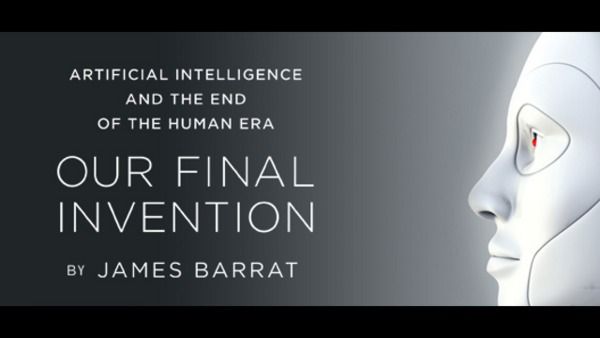Dec 9, 2013
Cellphone surveillance: A new tool in police arsenal to combat crime
Posted by Seb in categories: law enforcement, mobile phones, privacy, surveillance

Written by John Kelly USA Today
The National Security Agency isn’t the only government entity secretly collecting data from people’s cellphones. Local police are increasingly scooping it up, too.
Armed with new technologies, including mobile devices that tap into cellphone data in real time, dozens of local and state police agencies are capturing information — about thousands of cellphone users at a time, whether they are targets of an investigation or not, according to public records obtained by USA Today, The Des Moines Register and other Gannett newspapers and TV stations.
The records, from more than 125 police agencies in 33 states, reveal:



 —By
—By 







